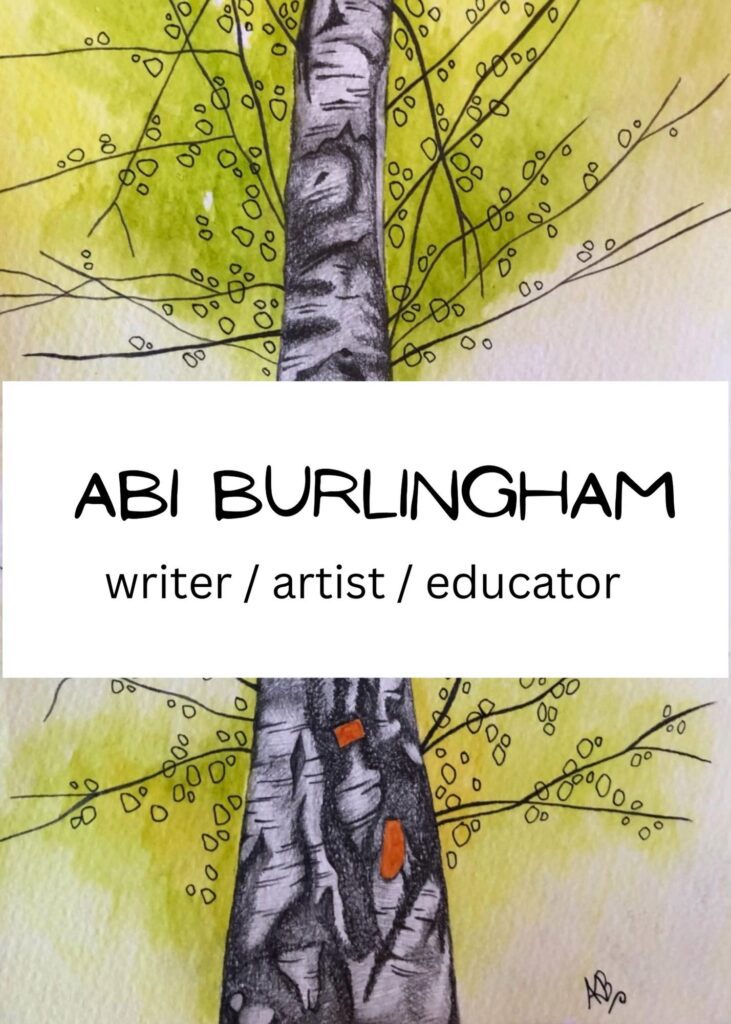The Jewish Quarter

When I think about what sparks my writing and what sparks other people’s, it’s astonishing how diverse the influences are. I often find that there are so many triggers that I end up with more ideas and notes in notepads and scribbled on to random bits of paper, than time to explore them. I’m sure a lot of writers find this and I suspect this is the reason for so many unfinished projects – I bet we all have some of those! I have a tabbed notepad full of ideas. It even has IDEAS on the front (just in case I forget what it’s for!) but the ideas often stay as ideas, without the time to be developed. This is one of the reasons I enjoy writing poetry. Poems are like photographs to me. They capture a moment, a memory, an experience. You can get the initial ideas down in just a few minutes (am I selling this to you?) Admittedly, perfecting a poem can take a lot longer – hours, weeks, months, even years – oh yes, I still go back to poems written ten or fifteen years ago and re-write them.
But the other interesting thing about poems, is that they can fuel a much larger piece of work later on, even though that intention may not have been there initially. The first piece of writing I ever had published was called ‘The Jewish Quarter’. It appeared in a publication called ‘The best of Miniwords’ as a result of a poetry competition. It wasn’t anything grand, but it’s amazing how much encouragement being published gave me – to see your words in print – it’s a wonderful feeling and often comes when you least expect it, as was the case with this piece of writing.
‘The Jewish Quarter’ was inspired by a visit I made to Prague around eighteen years ago.

One of the most memorable places I visited was the oldest Jewish Cemetry still in existence, which lies in the Jewish Quarter of Prague. There is a museum there, commissioned by Hitler, exhibiting pictures drawn by children while they were in concentration camps, one of which inspired part of the poem. To say that it was a moving experience is an understatement. I wrote the much longer poem, ‘Prague Spring’, as a result of my impressions of the city, and turned a section of this into ‘The Jewish Quarter’ for the Miniwords competition, which stipulated a maximum of 100 words (I think!) per poem.
The Jewish Quarter
I saw Don Giovanni with puppets in Prague and sat bewitched by
Mozart’s ‘Requiem’, walked the Jewish Quarter, greyer and poorer, and
visited the cemetery where Kafka lies, and remembrances lay weighted
down with pebbles on faded headstones beneath ancient leaning trees.
Children’s war-time drawings of mummy, daddy and home, paper the
museum walls, and underneath a name, ‘Katrine, aged 9, died 1942.’
Ageing buildings shiver with light from the moon, and beneath the
towering black spires of Tyn, the first McDonald’s has opened its doors.

I found I had to write about this. It wasn’t one of those experiences that could be kept in, and I felt I should write about it too. Headstones are crammed together, almost tripping over each other. People write notes, fold them into neat rectangles, and leave them on the headstones under pebbles. Seeing them there was so incredibly poignant, and something about this action peirced my heart. The pictures were like any other child’s drawing until you read the name and details underneath. The name, age and date of death of the child featured in the the poem are all real – so incredibly sad.
What is particularly interesting now, from a writer’s viewpoint, is that I seem to be going full circle again with this piece of writing. My longer ‘Prague Spring’ poem was disected and compressed to this shorter piece of writing. And now, it has unwittingly arisen again, as part of a new project – a much, much longer one.
Sometimes an idea, an impression, or a heartfelt memory just doesn’t go away, does it?
For more information on the Old Jewish Cemetery, click here. If you would like to read the full length poem, ‘Prague Spring’, click here.
Has an idea ever niggled away at you so much that you write about it again and again?

Leave a Reply